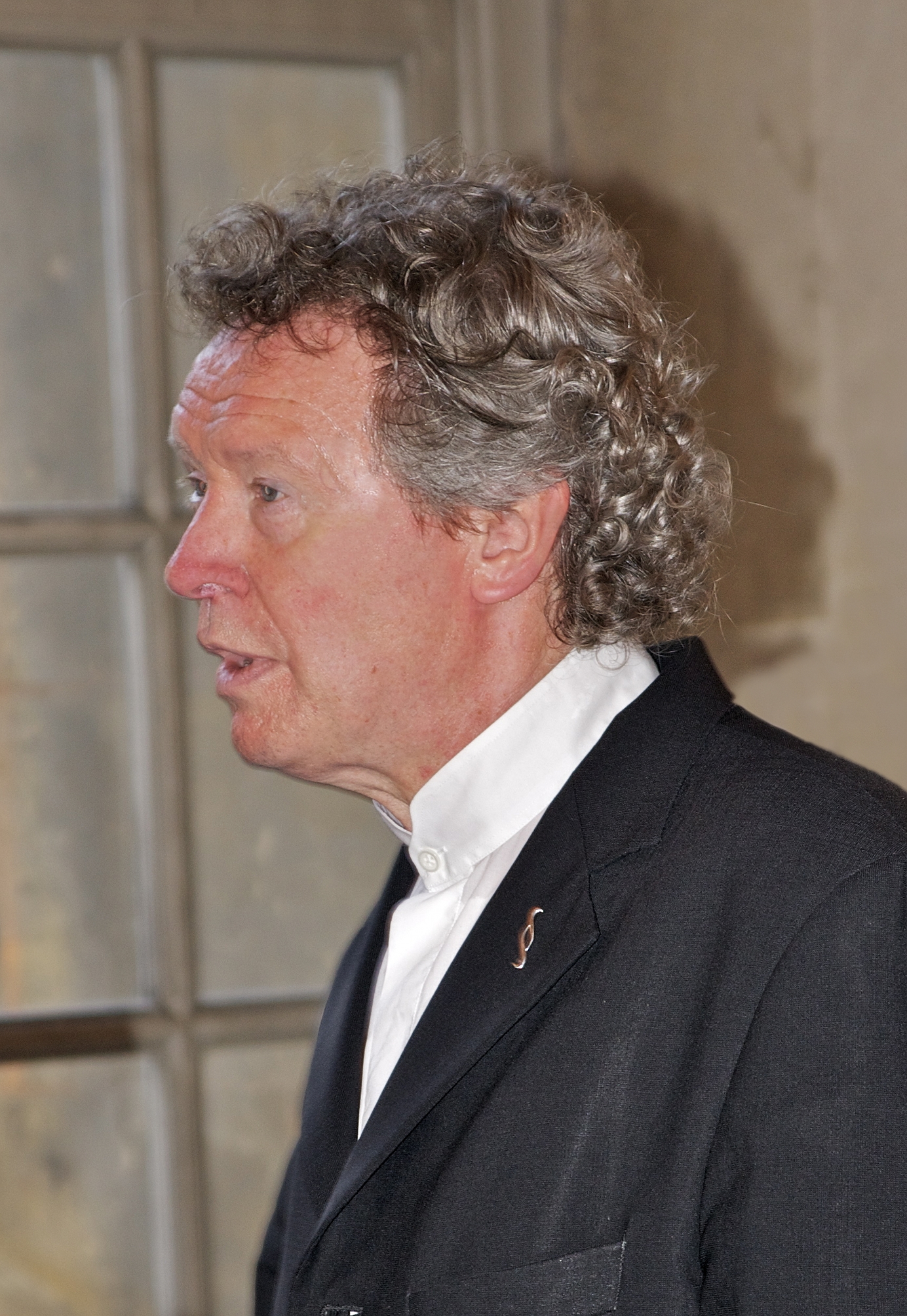|
Hugh Kellyk
Hugh Kellyk (fl.c.1480) was an English composer, whose tree surviving works are preserved in the Eton Choirbook. These two works are a five-part Magnificat and a seven-part Gaude flore virginali, which appear to be among the earlier pieces in the choirbook. Gaude Flore Virginali was recorded by The Sixteen in 1994,Fanfare - Volume 17 Page 310 Joel Flegler - 1994 "The newest disc begins with a composer who has never appeared on records or even on the BBC broadcasts listed in Timothy Day's Tudor discography: not even Hugh Kellyk's dates and place of work are known, and only two of his works ..." the Magnificat by Tonus Peregrinus , the wandering tone, or the ninth tone, is a reciting tone in Gregorian chant. The chant example here is not identified as the ''tonus peregrinus'' in the ''Liber usualis'' (see LU, pp. 760–761), although it is in Aeolian mode. For the ' .... References {{DEFAULTSORT:Kellyk, Hugh 15th-century English people English composers ... [...More Info...] [...Related Items...] OR: [Wikipedia] [Google] [Baidu] |
Eton Choirbook
The Eton Choirbook (Eton College MS. 178) is a richly illuminated manuscript collection of England, English sacred music composed during the late 15th century. It was one of very few collections of Latin liturgical music to survive the English Reformation, Reformation, and hence is an important source. It originally contained music by 24 different composers; however, many of the pieces are damaged or incomplete. It is one of three large choirbooks surviving from early-Tudor England (the others are the Lambeth Choirbook and the Caius Choirbook). The Choirbook was compiled between approximately 1500 and 1505 for use at Eton College; its present binding dates from the mid 16th century. 126 folios remain of the original 224, including the index. In the original, there were a total of 93 separate compositions; however only 64 remain either complete or in part. Some of the 24 composers are known only because of their inclusion in the Eton Choirbook. John Browne (composer), John Br ... [...More Info...] [...Related Items...] OR: [Wikipedia] [Google] [Baidu] |
The Sixteen
The Sixteen are a United Kingdom-based choir and period instrument orchestra; founded by Harry Christophers, they started as an unnamed group of sixteen friends in 1977, giving their first billed concert in 1979. The group performs early English polyphony, works of the Renaissance, Baroque and early Classical music, and a diversity of 20th-century music. The Sixteen are "The Voices of Classic FM", TV media partner with Sky Arts and associate artists of the Southbank Centre in London and Bridgewater Hall in Manchester. The group promotes an annual series at the Queen Elizabeth Hall as well as the Choral Pilgrimage, a tour of Britain's finest cathedrals: bringing music back to the buildings for which it was written. The BBC television series ''Sacred Music'' was produced in collaboration with The Sixteen; between 2008 and 2015, two full series aired, along with numerous specials. Tours The Sixteen tour throughout Europe, Japan, Australia and the Americas and have given reg ... [...More Info...] [...Related Items...] OR: [Wikipedia] [Google] [Baidu] |
Tonus Peregrinus
, the wandering tone, or the ninth tone, is a reciting tone in Gregorian chant. The chant example here is not identified as the ''tonus peregrinus'' in the ''Liber usualis'' (see LU, pp. 760–761), although it is in Aeolian mode. For the ''tonus peregrinus'' in its customary usage for Psalm 113, see LU p. 160. Characteristics As a reciting tone the does not fit in any of the original eight church modes, because a verse recited in this tone has a different tenor note in the first half of the verse from the second half of the verse.Lundberg 2012 pp. 7–17 It is this diversion from a single recitation note which gives the name , literally "wanders". Traditionally, the tenor note in the first half of a verse sung according to the is a tone higher than the tenor note in the second half of the verse. Also usually the last note of a melodic formula is a perfect fifth below the first tenor note. History In Gregorian chant the existed before the modal system was expande ... [...More Info...] [...Related Items...] OR: [Wikipedia] [Google] [Baidu] |
15th-century English People
The 15th century was the century which spans the Julian dates from 1 January 1401 ( MCDI) to 31 December 1500 ( MD). In Europe, the 15th century includes parts of the Late Middle Ages, the Early Renaissance, and the early modern period. Many technological, social and cultural developments of the 15th century can in retrospect be seen as heralding the "European miracle" of the following centuries. The architectural perspective, and the modern fields which are known today as banking and accounting were founded in Italy. The Hundred Years' War ended with a decisive French victory over the English in the Battle of Castillon. Financial troubles in England following the conflict resulted in the Wars of the Roses, a series of dynastic wars for the throne of England. The conflicts ended with the defeat of Richard III by Henry VII at the Battle of Bosworth Field, establishing the Tudor dynasty in the later part of the century. Constantinople, known as the capital of the world an ... [...More Info...] [...Related Items...] OR: [Wikipedia] [Google] [Baidu] |


.jpg)
